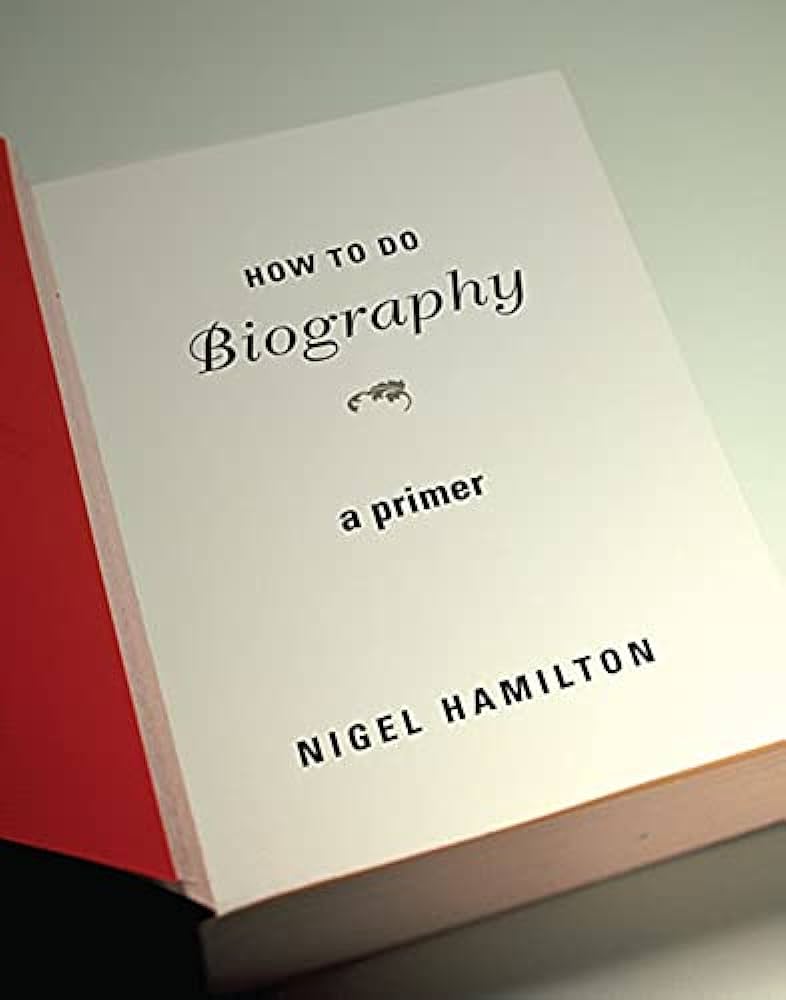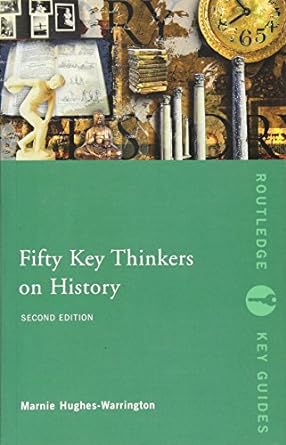Archive
And midway through the first course
of pickled fish in the restaurant
by the river that night
slid a black on black
barge
under the brilliantly lit
bridge
Leadership And The Liberal Revival: Bolte, Askin and the post-war ascendancy by Norman Abjorensen
by Don Aitkin •
Fifty Key Thinkers on History: Second Edition by Marnie Hughes-Warrington
by Beverley Kingston •
Political Tourists: : Travellers from Australia to the Soviet Union in the 1920s–1940s edited by Sheila Fitzpatrick and Carolyn Rasmussen
by John Thompson •








